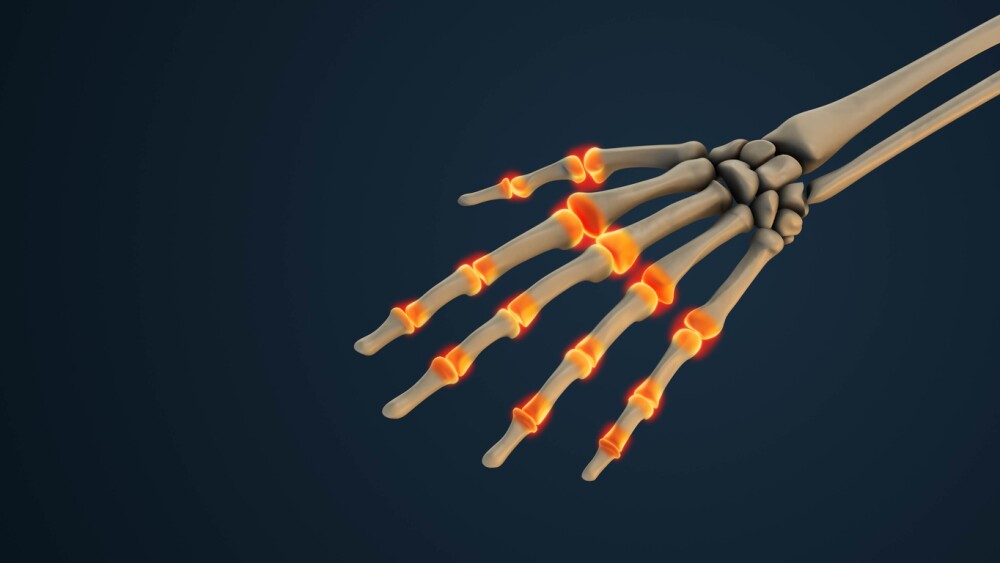Already approved in Japan, China and other Asian countries, Crystalys’ dotinurad works to lower serum uric acid levels.
With $205 million in series A capital, California-based Crystalys Therapeutics has emerged from stealth to develop next-generation therapies for gout.
The startup will use the money to back its lead asset dotinurad, for which it plans to launch global Phase III clinical trials. Discovered by Japanese firm Fuji Yakuhin, dotinurad is an orally available URAT1 blocker that lowers serum uric acid levels, preventing the formation of crystals in the joints that lead to the pain typical in gout. Dotinurad was approved in Japan in 2020.
Under an August 2021 contract, Eisai has rights to dotinurad in China and several Southeast Asian countries. The drug won Chinese approval in 2025, backed by Phase III data demonstrating superior uric acid reduction versus Takeda’s Uloric. Dotinurad has also won marketing approvals in the Philippines and Thailand.
Dotinurad’s established clinical and regulatory profile has helped attract several big backers for Crystalys. The biotech’s series A was led by Novo Holdings, SR One and Catalys Pacific. Institutional investors including Alexandria Venture Investments, Lightstone Ventures and AN Venture Partners participated in the round.
With its $205 million haul on Tuesday, Crystalys ranks among the highest series A raises this year. The record so far is held by obesity-focused Verdiva Bio, which in January brought in $411 million in series A proceeds. (Isomorphic Labs, a spinoff from Google’s DeepMind, raised $600 million in March, but it is unclear if this was a series A push.)
More recently, U.K.-based startup Draig Therapeutics took off in June with $140 million and a goal to advance its allosteric AMPA receptor modulator DT-101 for major depressive disorder. The molecule is set to start Phase II development this year. Draig is also working on two preclinical GABAA modulators for yet undisclosed indications.
A month later, radiopharma biotech Actithera debuted with $75.5 million in an oversubscribed series A push. Actithera’s lead candidate is a radioligand therapy targeting the fibroblast activation protein. The company plans to test it in multiple indications, though no specific target diseases have been named so far. Earlier this year, Merida launched with $121 million to target autoimmune and allergic conditions. The raise, announced in April, will go toward advancing Fc biotherapeutics, a class of molecules with “antibody-like” effects that selectively tag disease-causing autoantibodies for destruction.






